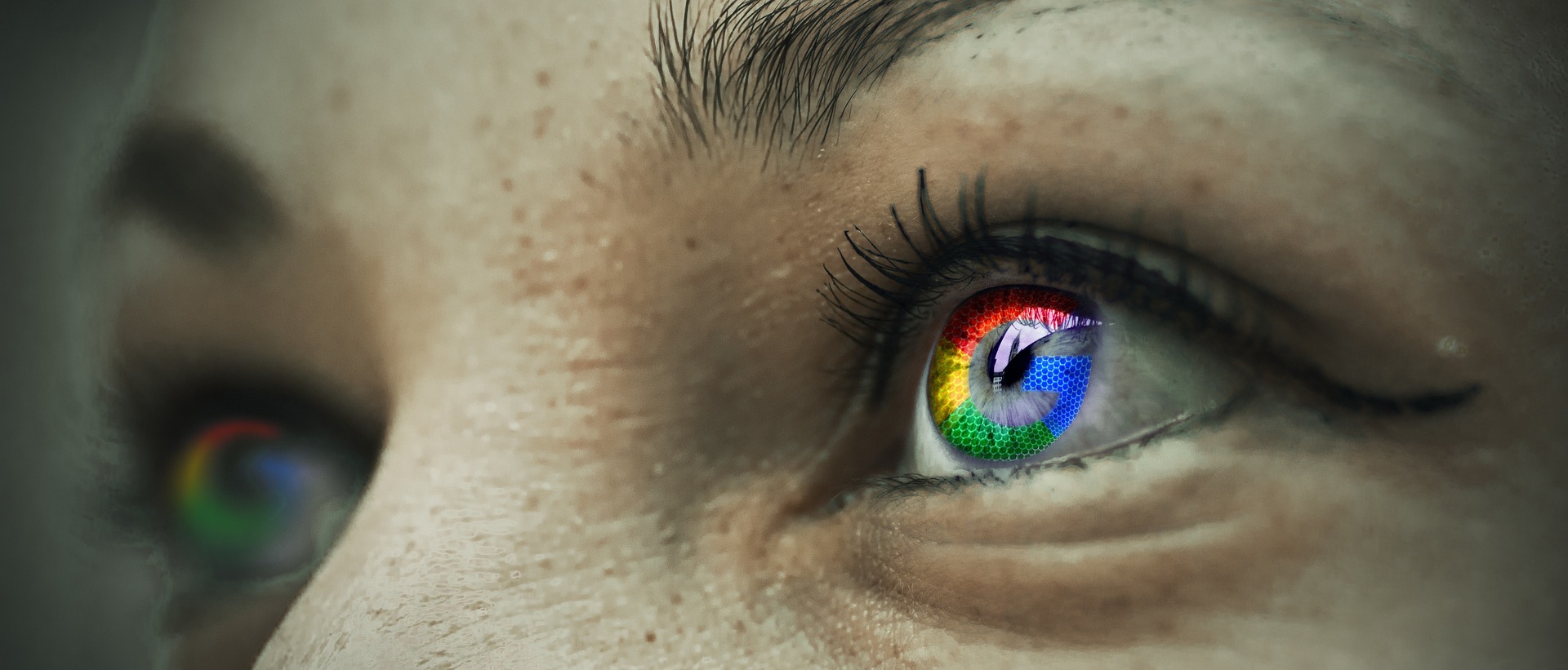January 23, 2023
Google’s Race to Keep Up with ChatGPT: Can the Tech Giant Stay Ahead in the AI Game
Book a Demo
Google, one of the largest companies on Earth, is facing competition from a new player in the field of Artificial Intelligence (AI) – OpenAI’s ChatGPT. This new AI chatbot has the ability to respond to any question in plain language, and its fluid prose, easy interface, and mainstream release have caused it to take the world by storm.
As a result of this new technology, there are debates about how ChatGPT and other bots will impact various industries, including education and journalism. Some experts have even suggested that ChatGPT could potentially end Google’s reign in search as it offers a coherent and seemingly authoritative answer instantly.
In December, The New York Times reported that Google is taking the threat posed by ChatGPT and other generative AI models seriously and has declared a “code red” internally. This week, as Google announced layoffs, CEO Sundar Pichai informed workers that the company will sharpen its focus on AI. The NYT also reported that Google founders, Larry Page and Sergey Brin, are now involved in efforts to streamline the development of AI products. The fear is that they’ve lost a step to the competition.
If true, it is not due to a lack of potential or vision. Google is not new to AI and has its own versions of generative AI models like Imagen and LaMDA. In 2021, Google researchers published a paper discussing how large language models like ChatGPT could radically disrupt search in the future.
However, Google has largely kept its AI work under wraps, only offering small, tightly controlled demos to limited groups of people. The company deemed the technology too dangerous and error-prone for a wider release just yet. Damage to its brand and reputation was a primary concern.
Now, under pressure from ChatGPT, Google is planning to launch around 20 AI-powered products later this year, according to the NY Times. These will include all the top generative AI applications, like image, text, and code generation, and they will test a ChatGPT-like bot in search.
However, the question remains, is the technology ready to go from a flashy demo tested by millions to a critical tool trusted by billions? In their 2021 paper, Google researchers advised that a great chatbot search assistant should be authoritative, clear, unbiased, accessible, and contain various views. Acing each of these categories is still a stretch for even the most advanced large language models.
Trust issues with search, in particular, are a major concern. When it serves up a list of web pages today, Google can blame content creators for poor quality and vow to serve better results in the future. With an AI chatbot, it’s the content creator.
In conclusion, Google is facing stiff competition from ChatGPT and other generative AI models, and the company is taking this threat seriously. Google has its own versions of generative AI models, but it has kept its work under wraps, only offering small, controlled demos to limited groups. Google plans to launch around 20 AI-powered products later this year, including a ChatGPT-like bot in search. However, the question remains whether the technology is ready to go from a flashy demo to a critical tool trusted by billions. Trust and reliability are major concerns with AI chatbots, especially in search, and Google will have to navigate these challenges to stay competitive in the field of AI.



